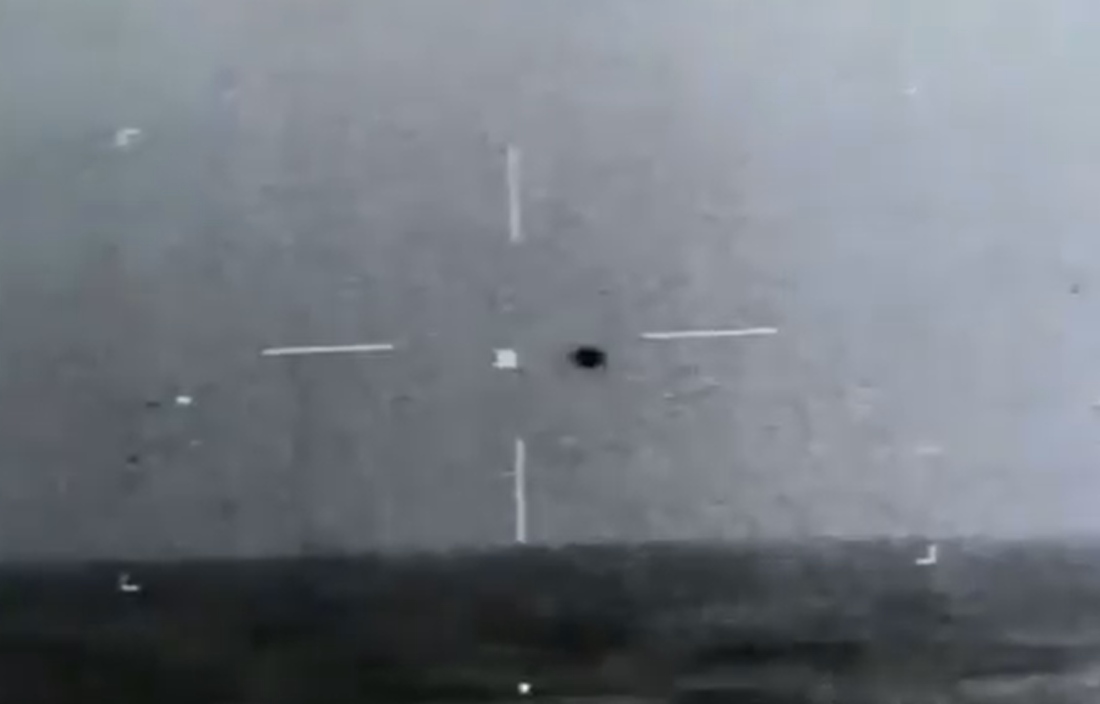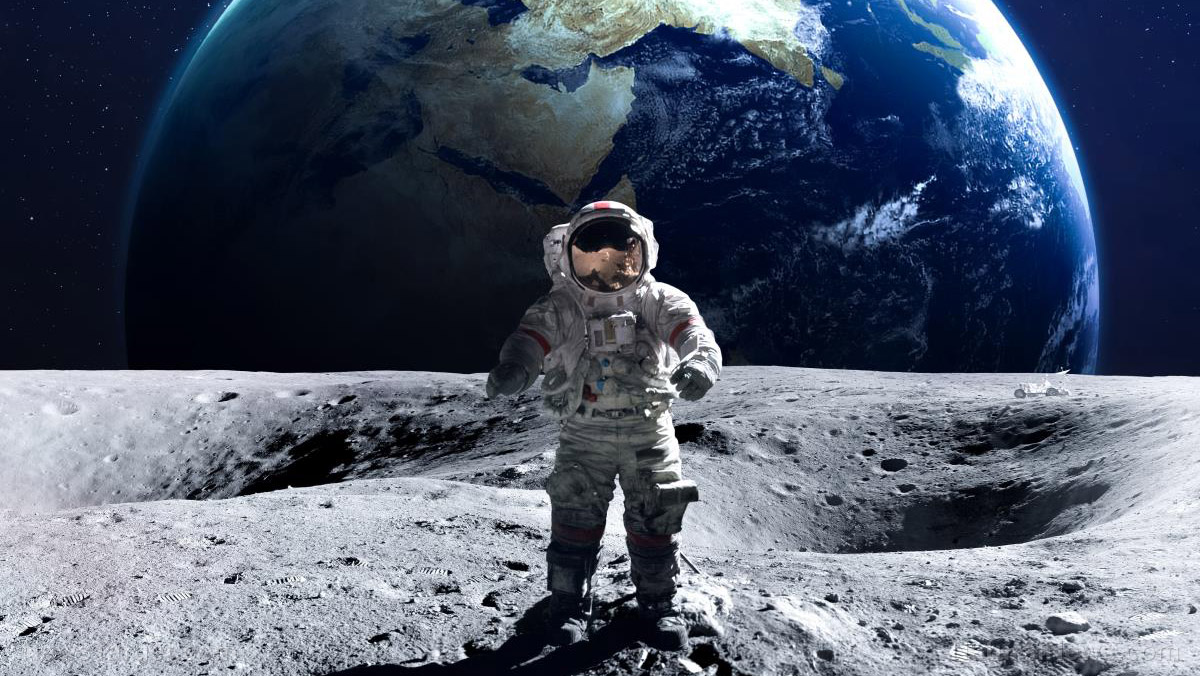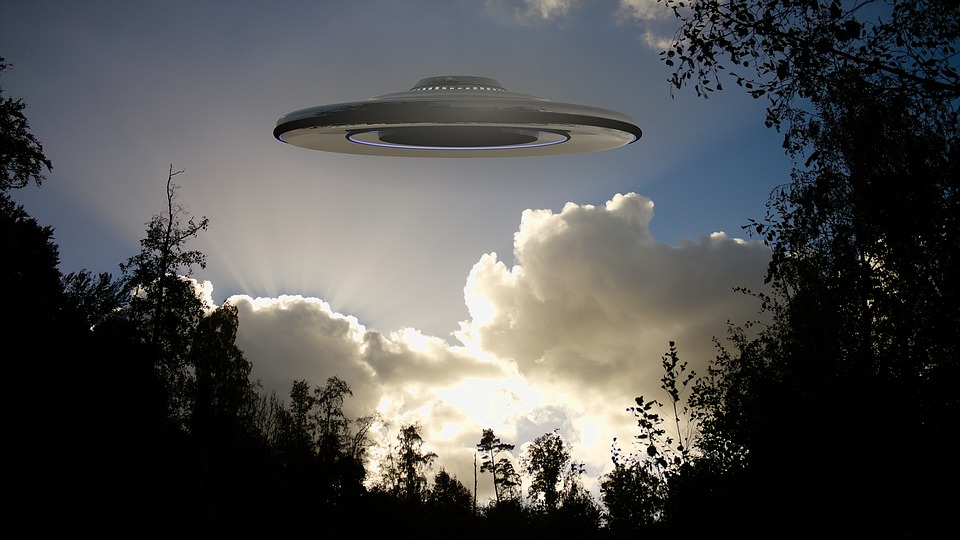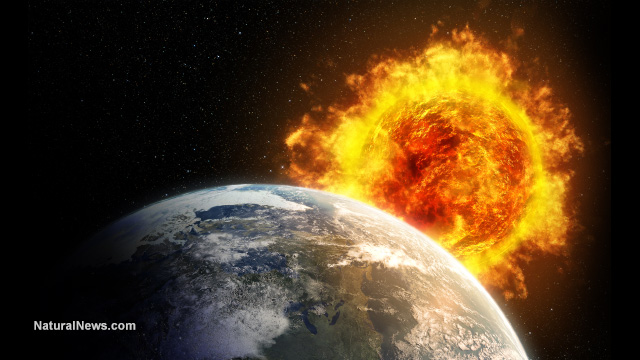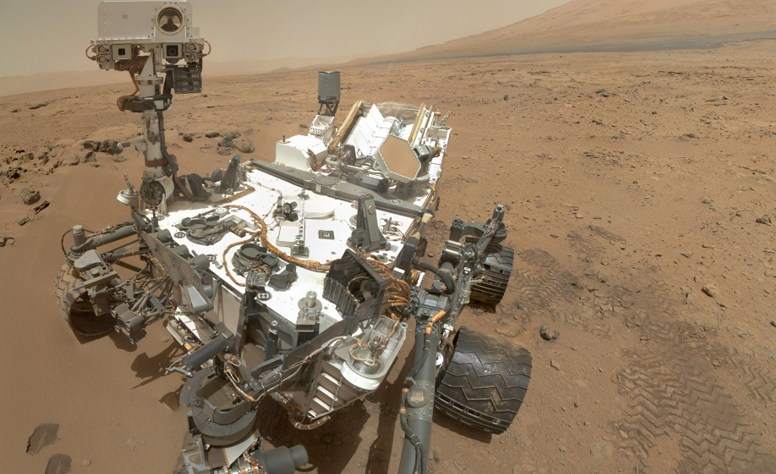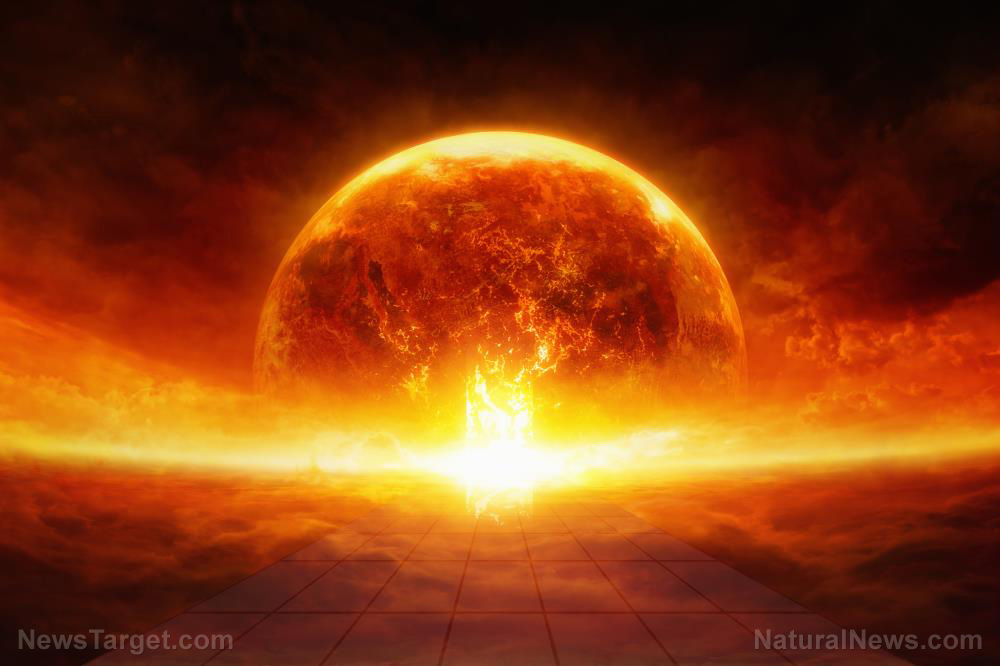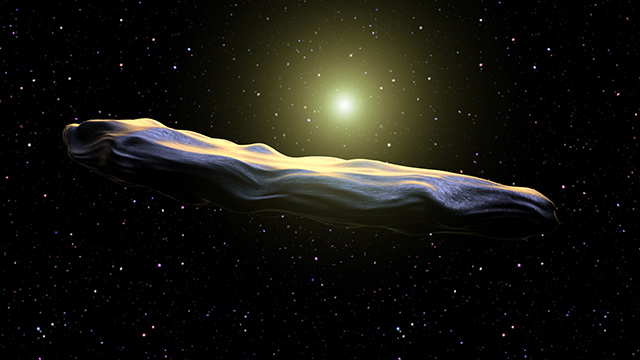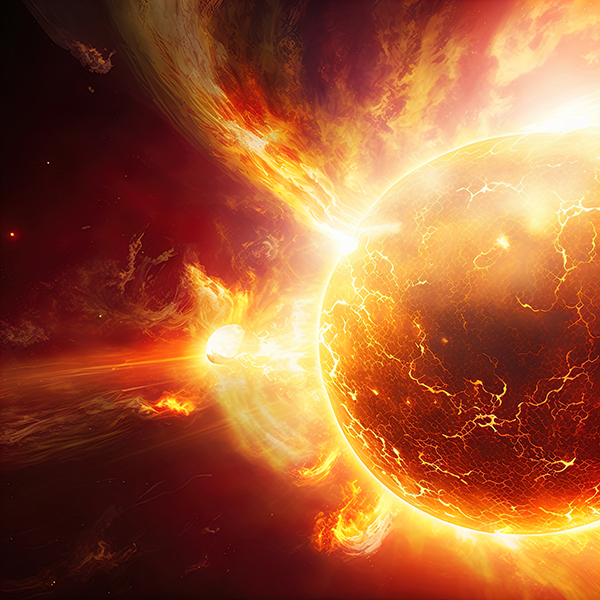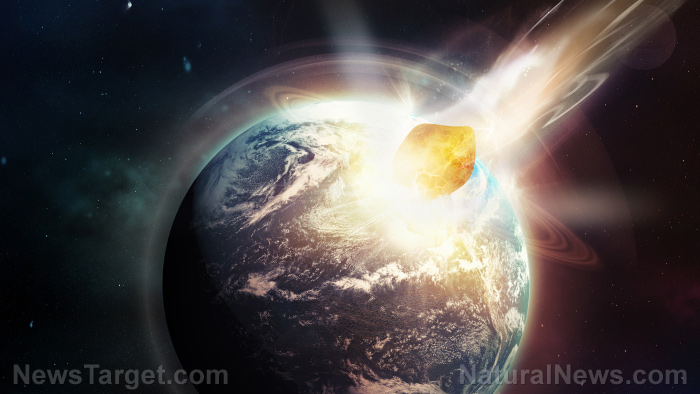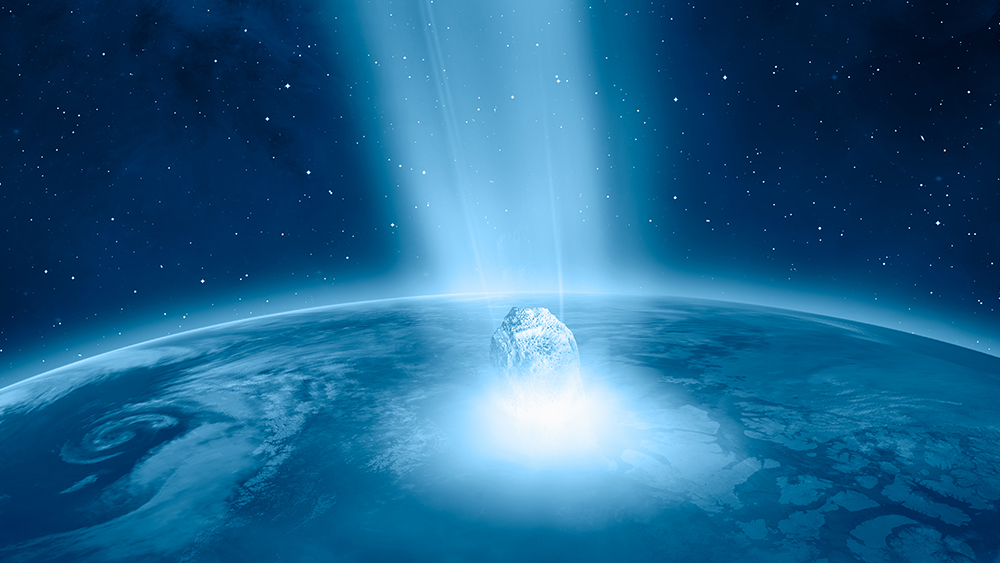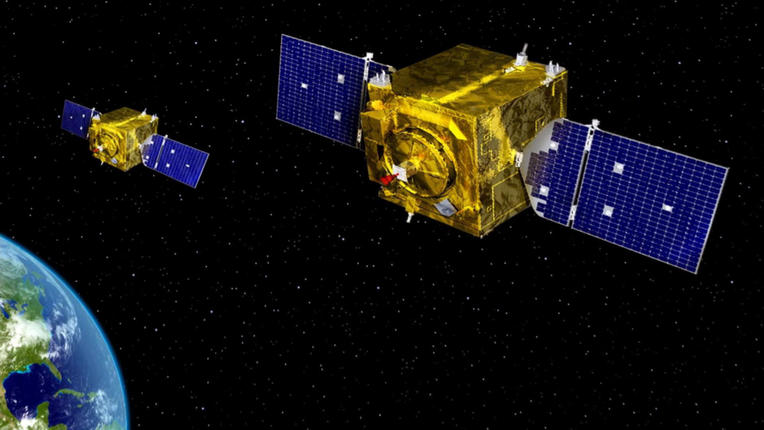An icy planet may be lurking at the edge of the solar system
07/07/2023 / By Kevin Hughes
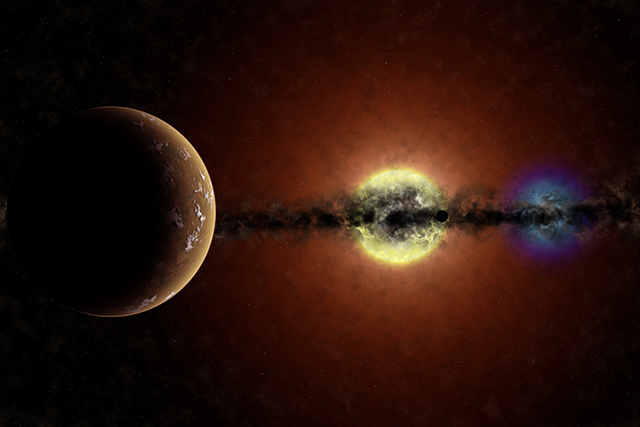
Another planet may be lurking at the very edge of the solar system.
An international group of researchers, who have published their findings on the pre-print server ArXiv, recently suggested that a planet-sized body appears to be hiding from view within the Oort Cloud. The Oort Cloud is a region in space mostly made up of ice-like objects. The entire region stretches several hundred billion to several trillion miles from the sun.
To test their theory, the researchers conducted a simulation of the unstable celestial mechanics of the early solar system.
When the solar system was initially forming about 4.5 billion years ago, it was an unsettled location. Gravity was sending debris from the rapidly cooling protoplanetary dust cloud knocking around like cosmic billiard balls.
These gravitational forces may have hurled larger pieces of debris, including planet-sized chunks of dust and rock, far enough to escape the sun’s gravity almost completely.
The researchers calculated that there is a 0.5 percent chance that there is a “rogue planet” lurking around the Oort Cloud, created by the gravitational forces of the early solar system.
“It’s completely plausible for our solar system to have captured such an Oort Cloud planet,” said Nathan Kaib, co-author of the research and an astronomer for the Planetary Science Institute in Tucson. “[These planets are] a class of planets that should definitely exist, but have received relatively little attention.” (Related: Does the solar system have a “Planet Nine”? Researchers say it’s a possibility.)
Sun’s gravity likely snatched up rogue planet from outside the solar system
Scientists have already observed rogue planets wandering around in remote solar systems. The scientists’ prediction of a 0.5 percent chance that one of these wayward planets may have formed within Earth’s solar system is trumped by the seven percent chance that a rogue planet was snatched up by the sun’s gravity from far outside the solar system
The researchers believe this rogue planet may now be resting somewhere in the Oort Cloud, waiting to be discovered by astronomers.
If that’s the case, then astronomer Percival Lowell’s Planet X hypothesis may be true after all. However, that hypothetical planet would still be too far to influence the orbits of the solar system’s distant planetary bodies like Neptune and Pluto.
Furthermore, if there is such a planet hiding in the Oort Cloud, then it would most likely be an ice giant, taking on a form similar to the icy dust and material orbiting around the solar system.
Study lead author Sean Raymond of the Astrophysics Laboratory at the University of Bordeaux in France believes that if such a planet exists, it would have an elliptical orbit, unlike the near-perfect circular orbit of the Earth.
The enormous distance would also be the main reason why scientists have yet to observe the planet, if it does exist.
“It would be extremely hard to detect,” admitted Raymond.
“If a Neptune-sized planet existed in our own Oort Cloud, there’s a good chance that we wouldn’t have found it yet. Amazingly, it can sometimes be easier to spot planets hundreds of light-years away than those right in our own backyard,” said Malena Rice, an astronomer at the Massachusetts Institute of Technology.
Follow Space.news for more news about the solar system.
Watch the video below to learn more about the hypothetical Planet X.
This video is from the Leona Wind channel on Brighteon.com.
More related stories:
Study: An extra planet between Mars and Jupiter could push Earth out of the solar system.
Astronomers are still searching for the mysterious PLANET X.
Scientists discover 15 new planets, including one “super-Earth” that could harbor liquid water.
NASA’s alien-hunting probe discovers 100 new planets orbiting stars outside our solar system.
Sources include:
Submit a correction >>
Tagged Under:
astronomy, breakthrough, cosmic, discoveries, ice giant, Oort Cloud, Planet X, planets, real investigations, research, rogue planets, solar system, space, space exploration
This article may contain statements that reflect the opinion of the author
RECENT NEWS & ARTICLES
COPYRIGHT © 2023 CosmicImpacts.com
All content posted on this site is protected under Free Speech. CosmicImpacts.com is not responsible for content written by contributing authors. The information on this site is provided for educational and entertainment purposes only. It is not intended as a substitute for professional advice of any kind. CosmicImpacts.com assumes no responsibility for the use or misuse of this material. All trademarks, registered trademarks and service marks mentioned on this site are the property of their respective owners.


